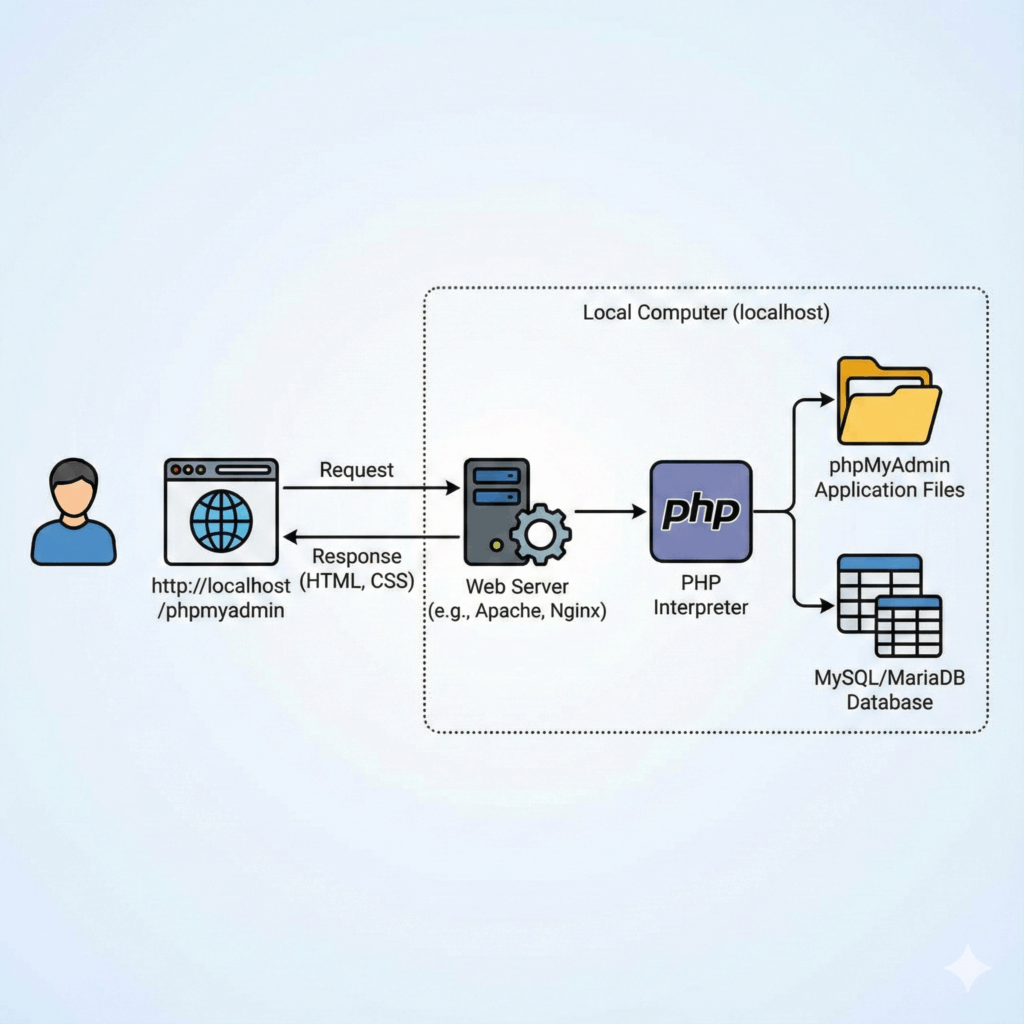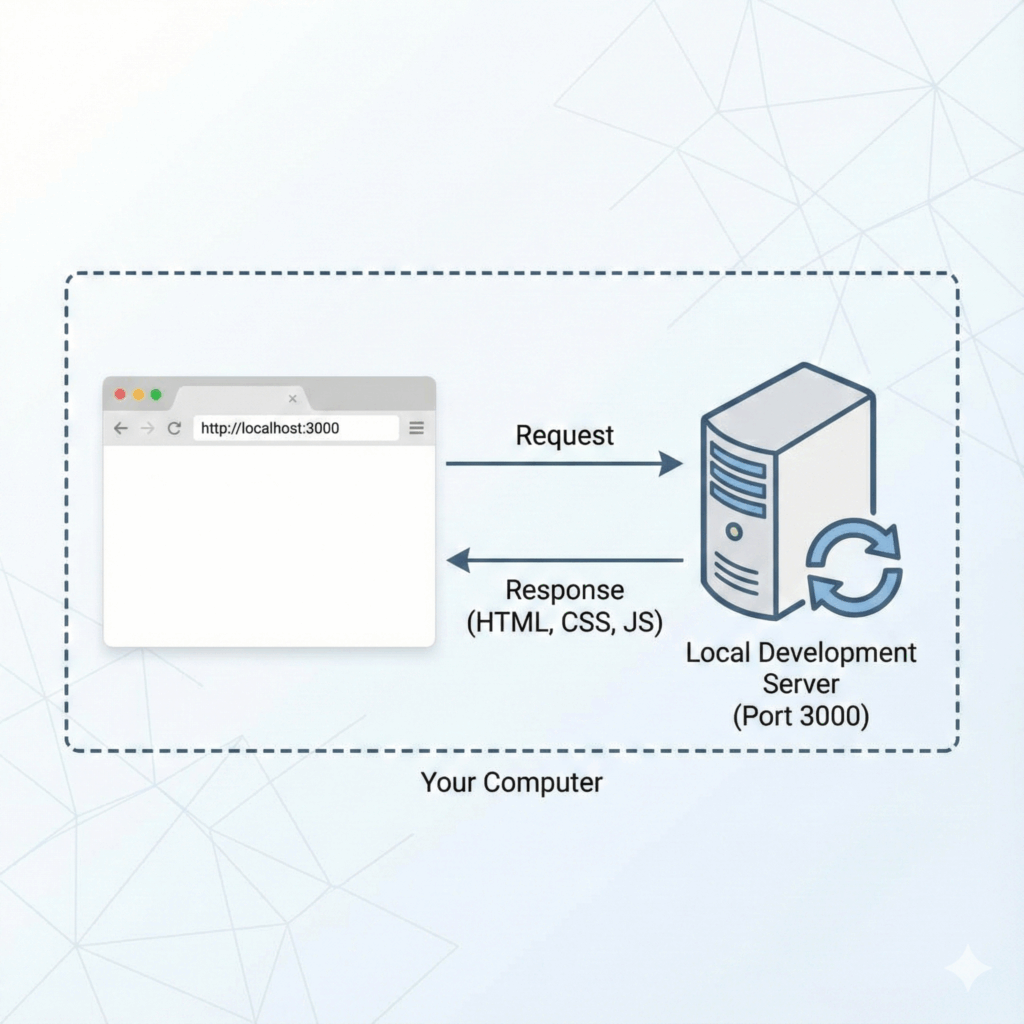Your IP: [userip_location type=”ip”]
Your IP number don't save. The information is only for you.
When it comes to understanding the internet, many people do not understand the basics. If you want to manage your network well, you need to understand what IP localhost means. IP localhost is an important part of putting a device on a public or private network. It allows a device to access its own private network, so it can communicate with other devices without going through the internet. In this blog post, we’ll discuss the basics of IP localhost and its applications in the modern world. We’ll cover what an IP localhost is, how it works, and why it’s so important. We’ll also discuss some of the common use cases for IP localhost and how it can help make your network more secure. By the end of this post, you’ll have a better understanding of IP localhost and its importance for modern networks.
What is IP localhost?
IP localhost is a computer on a local network with the IP address 127.0.0.1 or ::1. This is a special IP address that points back to the local computer itself. The localhost can be used for testing and troubleshooting network connections, since it will always be active and available. It is also used to run web servers on a local network, allowing users to test their webpages before publishing them to the internet.
Why is IP localhost important?
IP localhost is important because it allows a computer to communicate with itself. It is used to access services that are running on the same computer, such as web servers, database servers, and other applications. Localhost is also used for network debugging and testing, so that you can test if the services are running properly without having to connect to a remote computer. Additionally, localhost ensures that any data sent between a computer and itself remains anonymous and secure, since it is not routed through the public internet.
How to find the IP address of your localhost?
If you want to know the IP address of your localhost, then you’re in the right place! There are a few different methods for finding the IP address of your localhost. The easiest and most convenient method is to use the terminal command “ipconfig.” This will show you the IP address of your localhost and other information about your network. You can also go to System Preferences and click the “Advanced” button in the Network preferences panel. This will show you the IP address of your localhost. Finally, you can check your router’s web interface for the IP address of your localhost. If you don’t know how to use the web interface on your router, look at the documentation that came with it.
What are the common uses of IP localhost?
The IP localhost is most commonly used for testing software, services, and applications. When creating a new software or website, developers use the IP localhost to test and debug it without exposing it to the public. This helps them find and fix any errors or bugs before allowing it to be used and accessed by others. Additionally, the IP localhost can be used to communicate with the local machine itself, rather than the internet. This is useful when developers need to run multiple programs, programs that can’t be run from the same machine, or programs that require communication between two separate machines.
How to configure IP localhost?
Configuring IP localhost can be done by first determining your computer’s IP address. This can be done by opening a command prompt window and typing “ipconfig”. Once you have your IP address, you can then configure the localhost by opening the Windows Control Panel, clicking on “Network and Internet”, and then clicking on “Network and Sharing Center”. Then, on the left side of the window, click on “Change adapter settings”. Right-click on the connection you are using and select “Properties”. Select “Internet Protocol Version 4” and click on “Properties”. Enter your IP address and the subnet mask and click “Ok”. Your IP localhost should now be configured.
In conclusion, understanding what your IP localhost is and how you can use it can be an incredibly useful tool for managing your network. It can be used to test network services and applications as well as troubleshoot issues within your local network. Knowing how to access your IP localhost can also help you secure your network and make sure your connection is as secure as possible.





